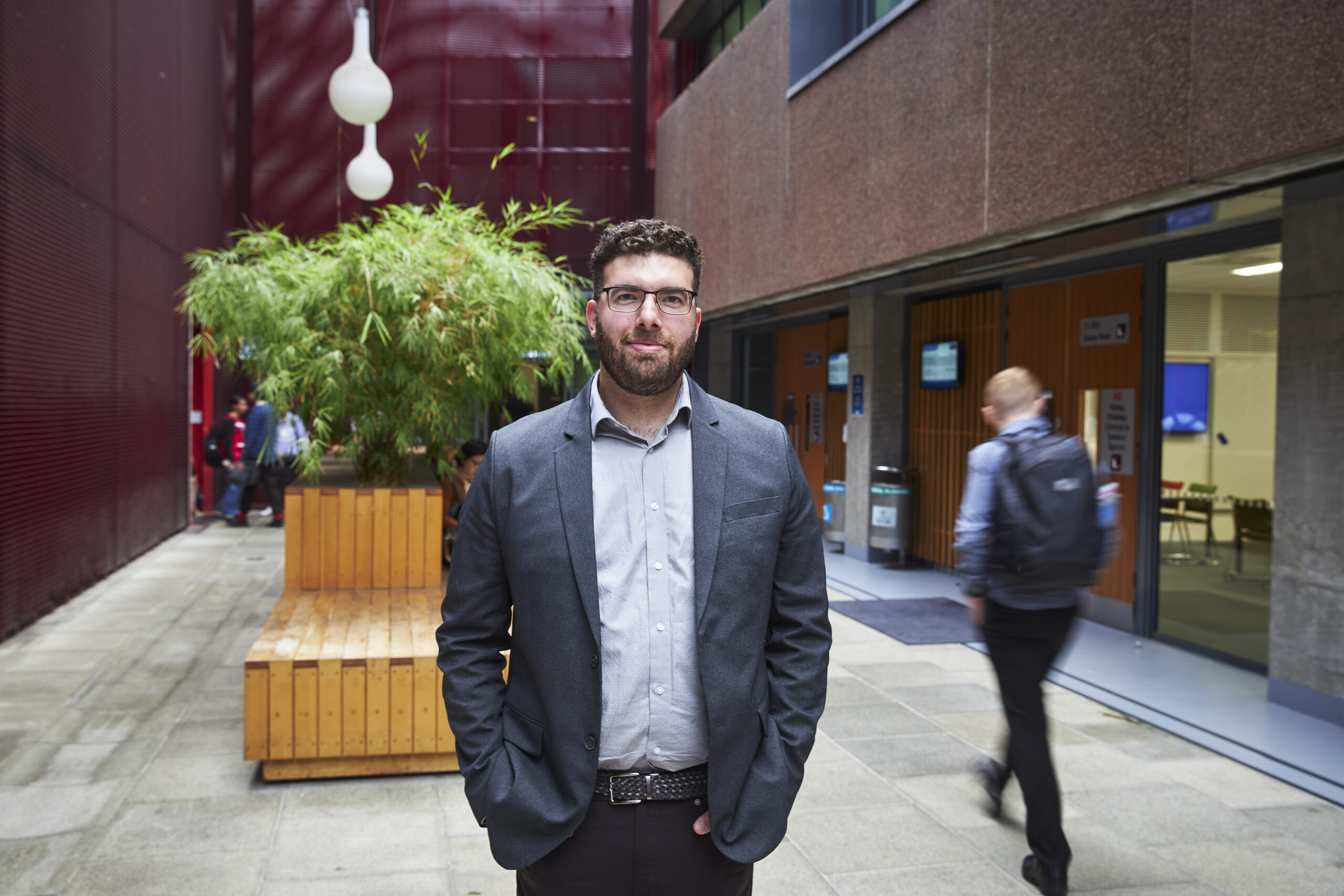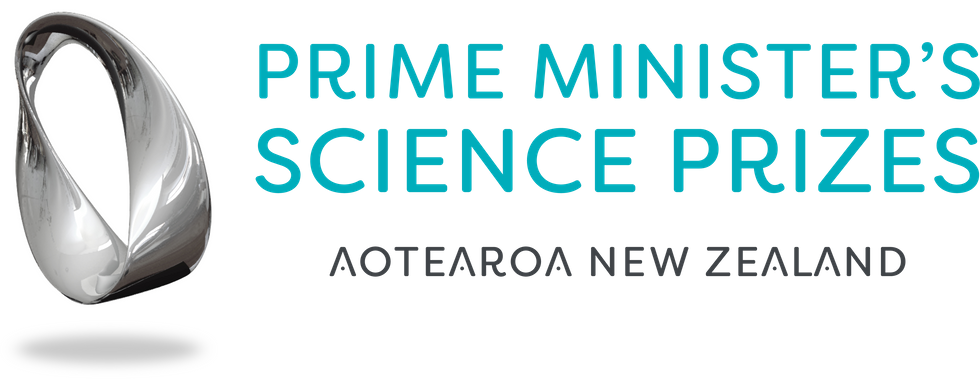The psychology of music: why is it a human universal?

2023 TE PUIAKI KAIPŪTAIAO MAEA MACDIARMID EMERGING SCIENTIST PRIZE MEDIA RELEASE
Dr Samuel Mehr has won the 2023 Te Puiaki Kaipūtaiao Maea, Prime Minister’s MacDiarmid Emerging Scientist Prize, for his work on the cognitive science of how humans perceive and produce music, using cutting-edge tools and theories from disciplines as diverse as data science, evolutionary anthropology, psychology, linguistics, and music studies.
Samuel is a Rutherford Discovery Fellow based in the School of Psychology at Waipapa Taumata Rau | University of Auckland, and is also a faculty member at the Child Study Center at Yale University in the United States of America.
“In my research, we study the psychology of music: why it is that humans make music and listen to music, and are so motivated to participate in music globally across the lifespan,” Samuel explains.
The Music Lab
One of the ways Samuel and his team get at this question is via a large-scale citizen-science project called ‘The Music Lab’.
“This is a website where we recruit about a million participants per year to play games that test their music processing abilities.”
The researchers recruit people from many different countries, ages, and backgrounds. The games on the website test abilities such as pitch perception (versus being tone-deaf), rhythm detection, or the ability to distinguish different melodies from each other.
“People from lots of different backgrounds have different abilities to process the melodies and rhythms that they hear and bring some structure to this music. The language that one speaks growing up has an effect on how you hear music later on in life.”
Universality of music
There is a universality to music, Samuel says. “When somebody is using a song for a specific purpose, like calming a baby down or exciting a group of people to dance together, they do it in a similar fashion. There are some universal building blocks to both how music is produced and perceived worldwide.”
This means that people who aren’t from a particular culture can hear a song from that culture and recognise its purpose.
The internet has opened up a lot of really exciting avenues for studying much larger and more diverse populations, Samuel says.
“It helps you know whether a result that you find in your lab generalises to humans in general as opposed to just the humans who can come to your lab.”
“One of the things that we can certainly conclude about our species is we are built in some way to make music. There’s always something there in the minds of people all over the world, wherever they are, whatever their background is, that prepares them to hear music and understand music and motivate them to produce music in the first place. That’s a very deep phenomenon.”
“It’s a pervasive part of what it means to be human.”
But the puzzle for a developmental psychologist is why?
“[Music] is not exactly keeping us alive. It’s not exactly keeping us well fed, but we all do it. One of the things that is exciting about being a psychologist and working on this topic is that we get to dig into these everyday behaviours and try to figure out why we are the way we are,” Samuel says.
Into the minds of babes
Samuel was always interested in music as a child and initially planned to be a music teacher. “At the conservatory I was getting trained to be a [music] teacher, but I didn’t really understand much about the minds of the children who were coming in and learning about music. So I took a left turn into developmental psychology to learn more about these children and what their experience of the world was.”
At the time he was taking a developmental psychology course by Professors Elissa Newport and Richard Aslin and decided to change his career track to focus on this.
Now, the other major aspect to his research is to understand how infants respond to music.
“We study this by bringing infants into our testing rooms and measuring what they understand about the music that they hear, how they hear it, how they process it, and what it means to them.”
“We also study families in the home to figure out what happens to infants who get more musical exposure at home.”
His research has shown that when infants hear music that’s intended to be soothing, such as lullabies, it works. “It reduces their heart rate, it lowers their levels of arousal, and calms them.”
Next, they want to know whether infants who hear more lullabies become calmer infants in general, and are running a randomised trial to test this.
Samuel is excited about how his findings will support applications of music, especially in the health domain.
“There’s a few different areas of health where I think music has a big role to play.”
One is helping parents modulate their babies’ emotions and arousal as he’s been studying, but the other is at the other end of the lifespan, caring for dementia patients.
“People who have dementia who might not be able to recognise their family members’ faces any more, or might not be able to string sentences together, but often they can still remember songs they grew up singing.”
“If you could bring music to this community, you could really improve the lives of people who are living with a very difficult disease,” Samuel says.
Prize
The award comes with a prize of $200,000, and Samuel says the prize money will allow him to expand the lab and bring on new talent to help with some of the more technical computational aspects of his research.
In awarding the prize, the experts on the selection panel noted that Samuel is an outstanding researcher. “He works across an impressive range of disciplines from music to psychology, from data science to health research, and from evolutionary anthropology to statistics to understand what music means to us and why it matters.” They noted that he works with many leading researchers and groups in Aotearoa and beyond, and successfully uses large-scale citizen-science experiments in his research. “He is an impressive communicator, a fierce leader in interdisciplinary research, who publishes regularly in high-impact journals across many disciplines – something few can achieve.”
Read more about Samuel’s prize
